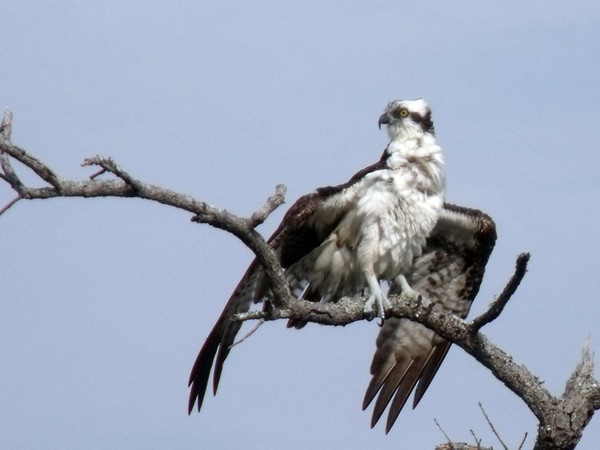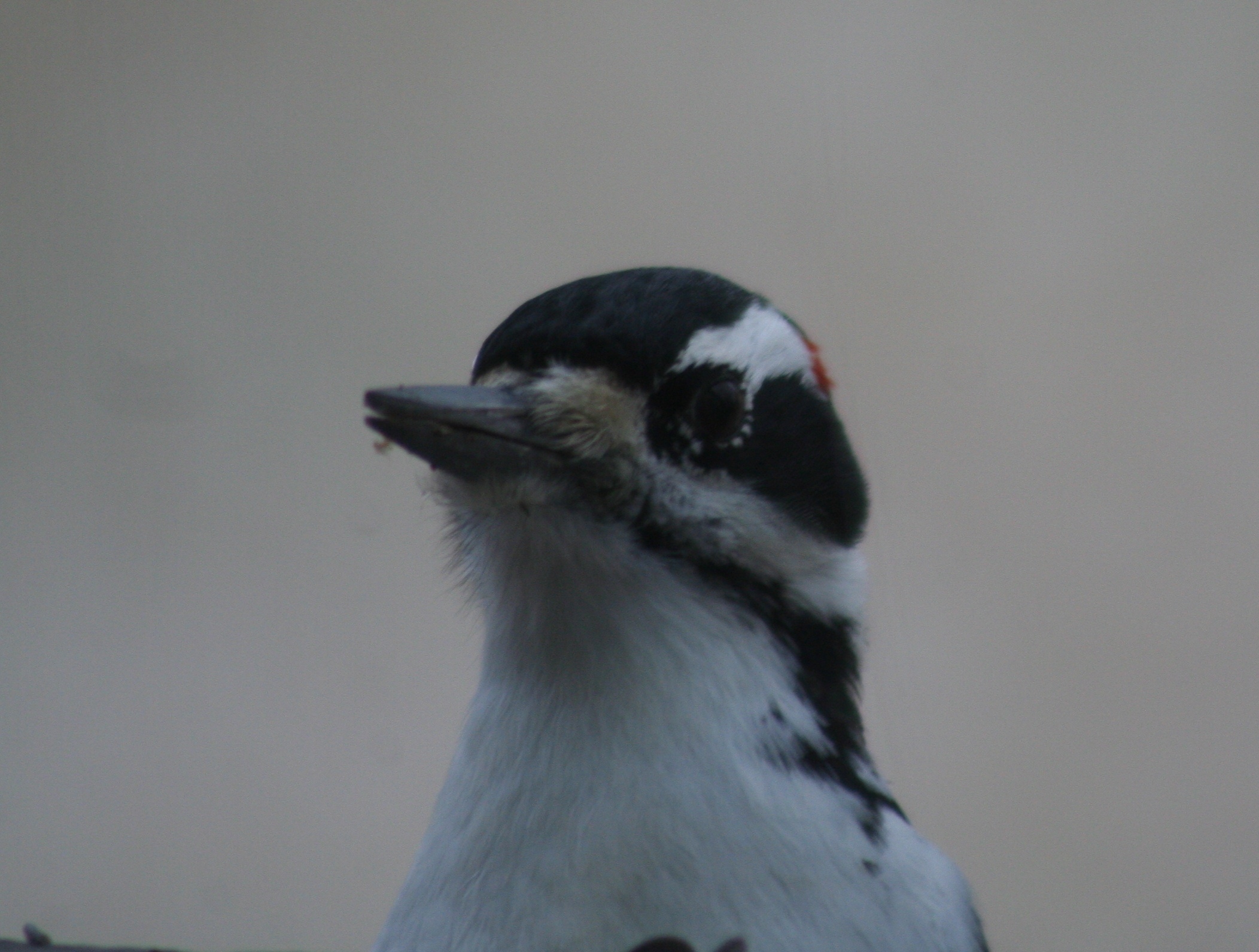Woodpeckers of the Boreal Forest
Christmas Bird Count Results
After some initial delays, results of the 112th Christmas Bird Count are now pouring into the program’s new data entry system, and it’s shaping up to be a record-breaking tally. With 13 new counts reporting, we are poised to exceed 400 counts for Canada. This is a huge achievement when you consider …
The Decline of Barn Swallows
Vancouver Avian Research Centre Vancouver, BC, Canada www.birdvancouver.com <http://www.birdvancouver.com>
Corvid, Ummm, Alarm?
In addition to being known for their intelligence, members of the Corvid Family – ravens, crows, jays and magpies – are appreciated by birders for their behaviour when confronted with a predator. Their loud, raucous squawks combined with hopping and jabbing motions generally mean they have spotted an owl or hawk …
My GBBC – Plus 1 Minus 1
The Great Backyard Bird Count, which takes place annually in February, is a great way for people to get involved in the citizen science aspect of birding. I’m always keeping an eye on the birds in my yard anyway, so for the GBBC I just count the numbers of little …
Winter Owls In Canada
The last week of February means our Canadian winter is on the way out, and there’s no better way to mark the occasion than with this absolutely stunning video of northern owls from Canada Wild. Andrew Manske’s slow motion owl footage. Snowy owl, great gray owl and hawk owls hunting …
Wordless Wednesday Waxwings
Good News For Birds of Prey

A new report by the Raptor Population Index (RPI) Project shows that the majority of the 26 species of migratory raptors across North America are either recovering or in stable condition. RPI is a cooperative partnership among four leading raptor and conservation organizations: Bird Studies Canada, Hawk Migration Association of North America, …
Canadians Can Stop Massive Wolf Kill
The deadline for Canadians to comment on the federal government’s massive wolf-kill caribou recovery strategy is February 22, 2012. For most Alberta boreal woodland caribou herds, the wolf-kill strategy would allow 95% of their habitat to be destroyed. Tar sands and other oil-gas activities in those herds’ ranges would not …




